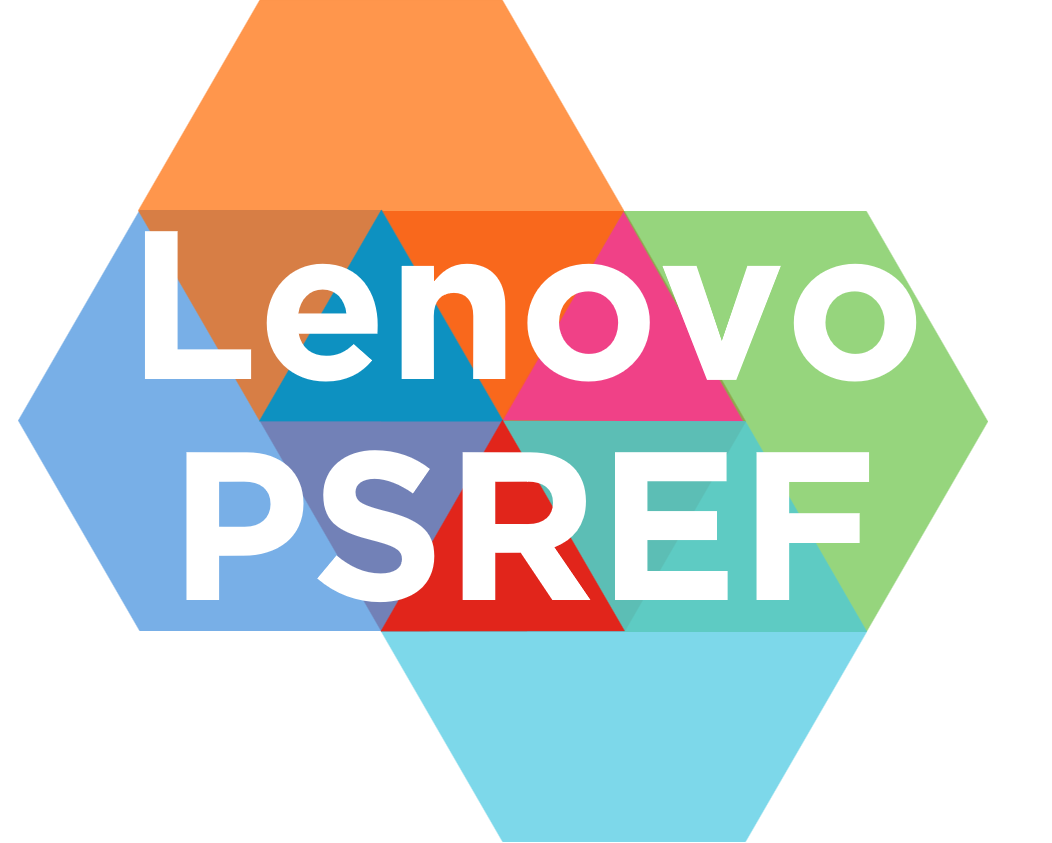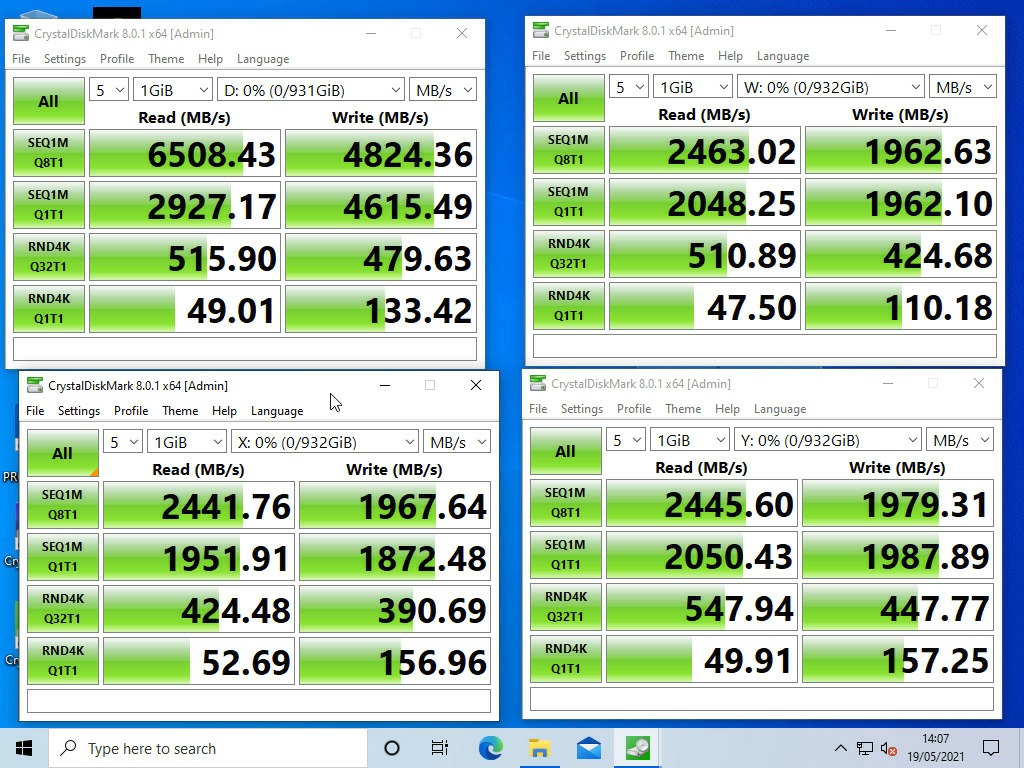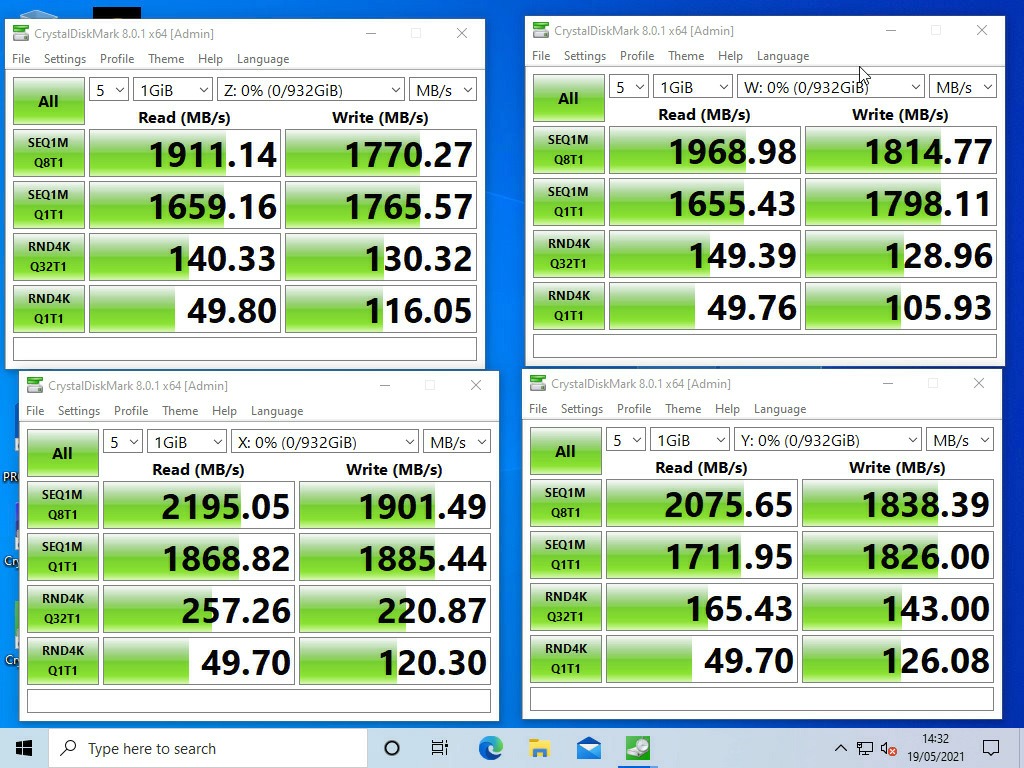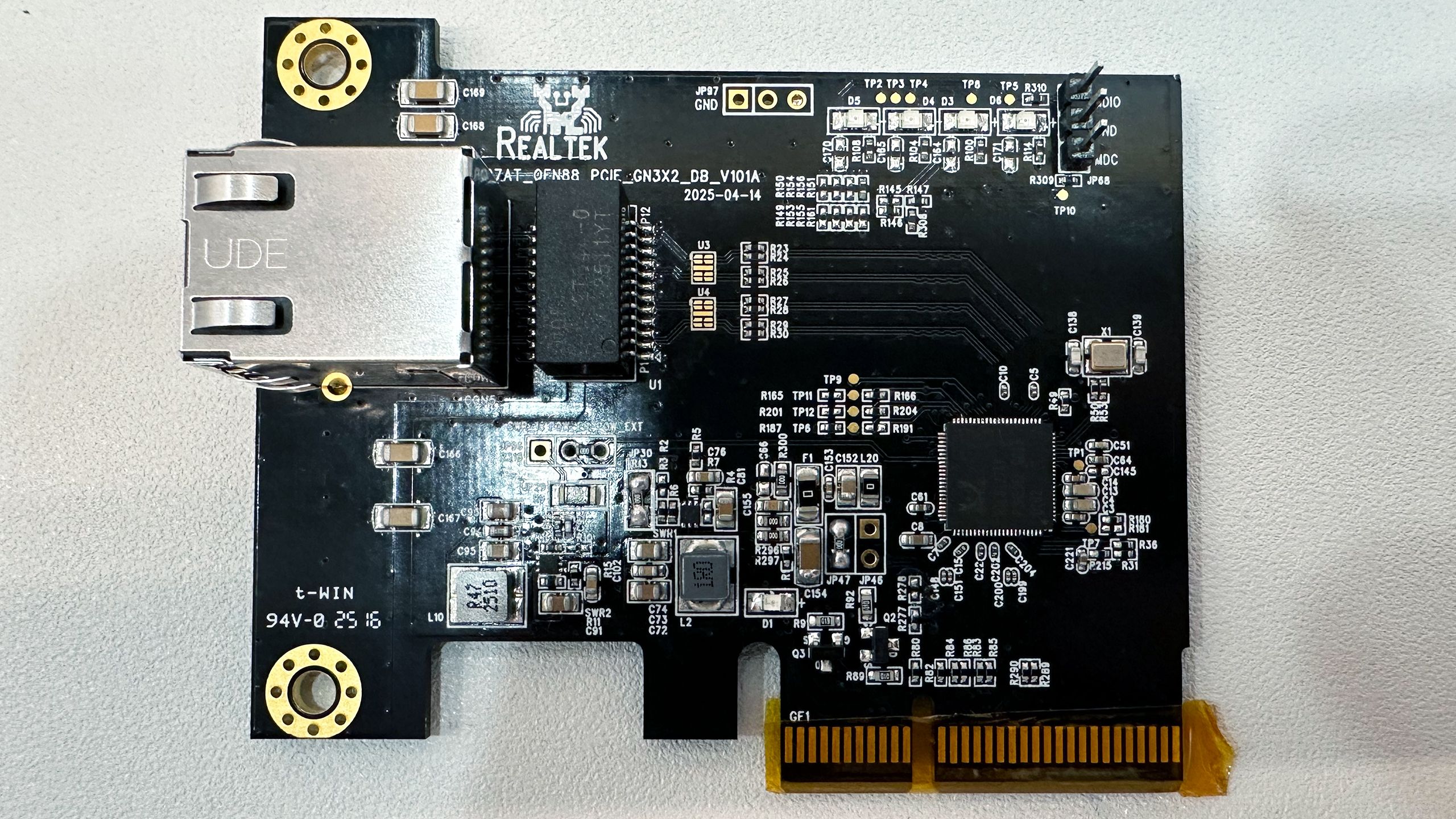I'm thinking of trying out a 10gb fibre service for a few months and needed a recommendation for a card to install in my PC to connect the new service to and get maximum speed.
Just wondering what folks here have in their PCs, for something that works well and doesn't break the bank. The actual internet speed is gonna be around 8gbps so It doesn't have to be too high performance.
I had a look at the TP-Link TX401 which costs about 70 euros. It will go in a PCIe 4 slot X4, for reference.
rp2000
Just wondering what folks here have in their PCs, for something that works well and doesn't break the bank. The actual internet speed is gonna be around 8gbps so It doesn't have to be too high performance.
I had a look at the TP-Link TX401 which costs about 70 euros. It will go in a PCIe 4 slot X4, for reference.
rp2000







